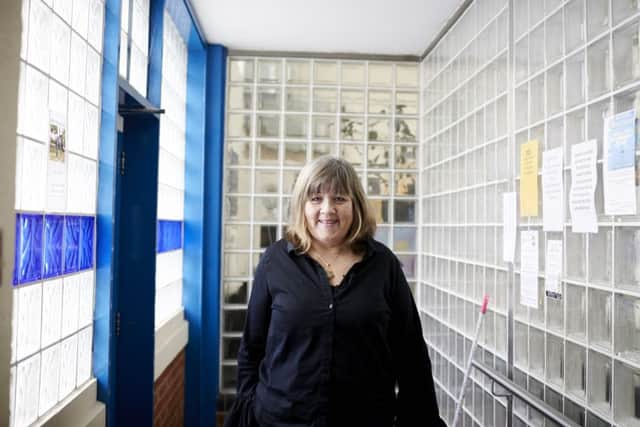Initiative helps improve access to healthcare for the homeless


So far, the project has helped 122 homeless people in Hastings by using technology to improve how outreach workers respond to the healthcare needs of clients.
The team communicates with St John Ambulance to get clinical opinions on injuries and symptoms.
Advertisement
Hide AdAdvertisement
Hide AdThe homeless people who were supported through the project became more motivated and confident in managing their health conditions, symptoms and behaviours. By gaining access to online health and medicines information on the NHS website, Seaview service users were better at following medication for long-term conditions and managing their side effects.
The project, which is a partnership between NHS Digital, NHS England, Good Things Foundation and The Seaview Project, has been using digital technology to record and triage health concerns of rough sleepers.
Computers have been set up in partner sites to increase the number of places people experiencing homelessness can access health-information websites, such as the NHS website and Patient Online Services.
Homeless people have a lower life expectancy than the general population. This is in part due to rough sleepers being less likely to seek treatment for a medical problem where the general public would, which can result in premature death.
Advertisement
Hide AdAdvertisement
Hide AdThey also report low levels of digital confidence compared to the general population. Those who sleep rough often don’t own a smartphone or tablet and if they do, they run out of data too regularly and experience inadequate access to or exclusion from public wi-fi.
Homeless people are more likely to seek help and support with getting online if it’s provided in their own environment, by people they know and trust, such as Seaview. By improving their health literacy and empowering them to take control of their own healthcare, the users became more open and willing to trust and re-engage with their GP services.
This project is part of the NHS Digital’s Widening Digital Participation Programme, which aims to make digital health services and information accessible to everyone – particularly the most excluded in society.
Twenty digital inclusion pathfinders are being run across the country in partnership with the charity Good Things Foundation.
Advertisement
Hide AdAdvertisement
Hide AdAnnie Whelan, chief officer at Seaview, said: “Being chosen as a site for a digital health pathfinder focussing on homelessness was a wonderful opportunity for Seaview. The digitalisation of health and care is inevitable, and it could either result in further exclusion for our client group or greater sensitivity and understanding.
“Having the resource and backing to trial real support ideas in practice has helped us to work on achieving greater accessibility and to break down barriers.
“Working with Good Things Foundation as a partner has also been wonderfully empowering as they have very much been concerned about improving the experience and digital health journeys of those that are homeless or rough sleeping.”
Read more: